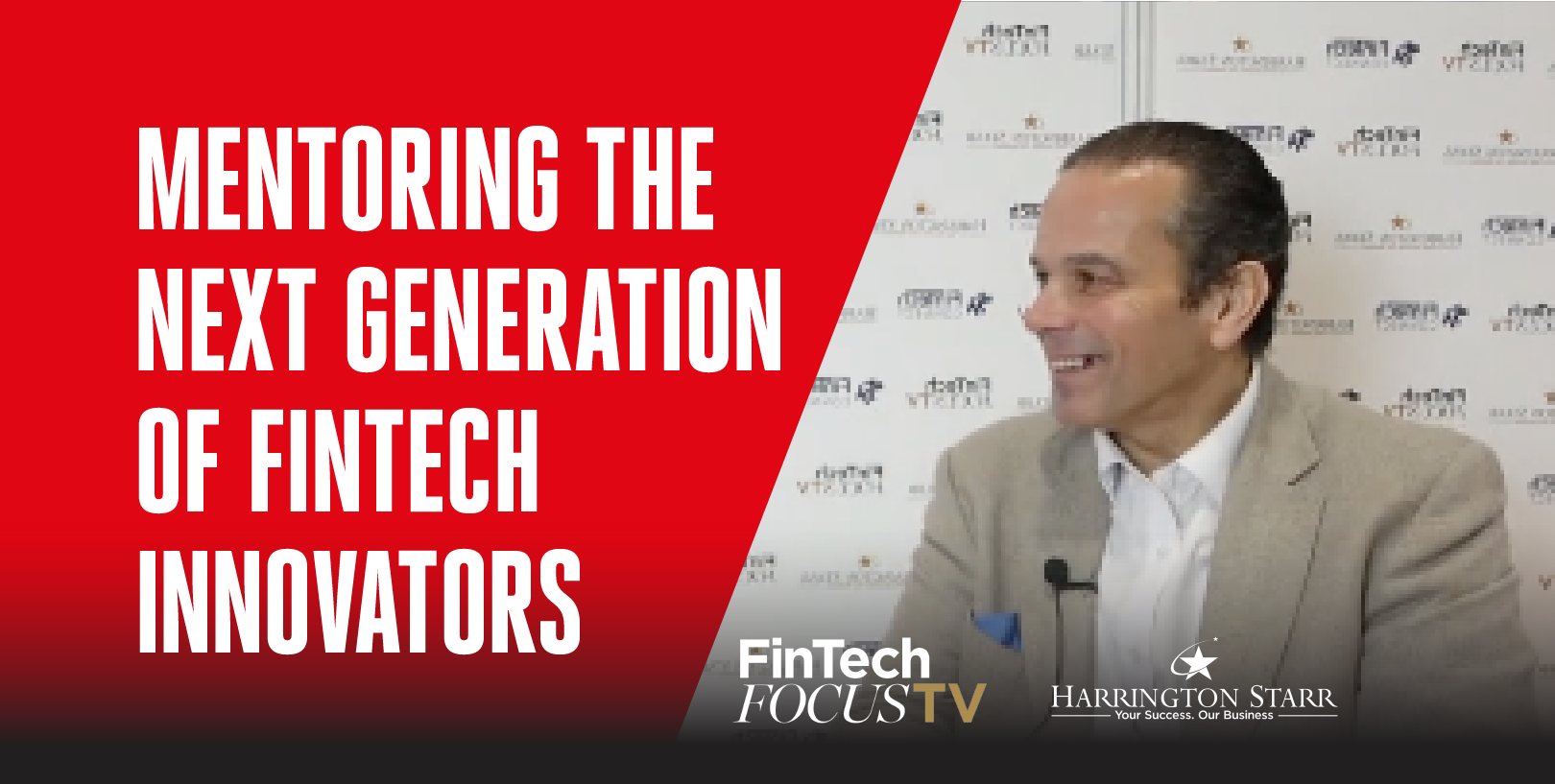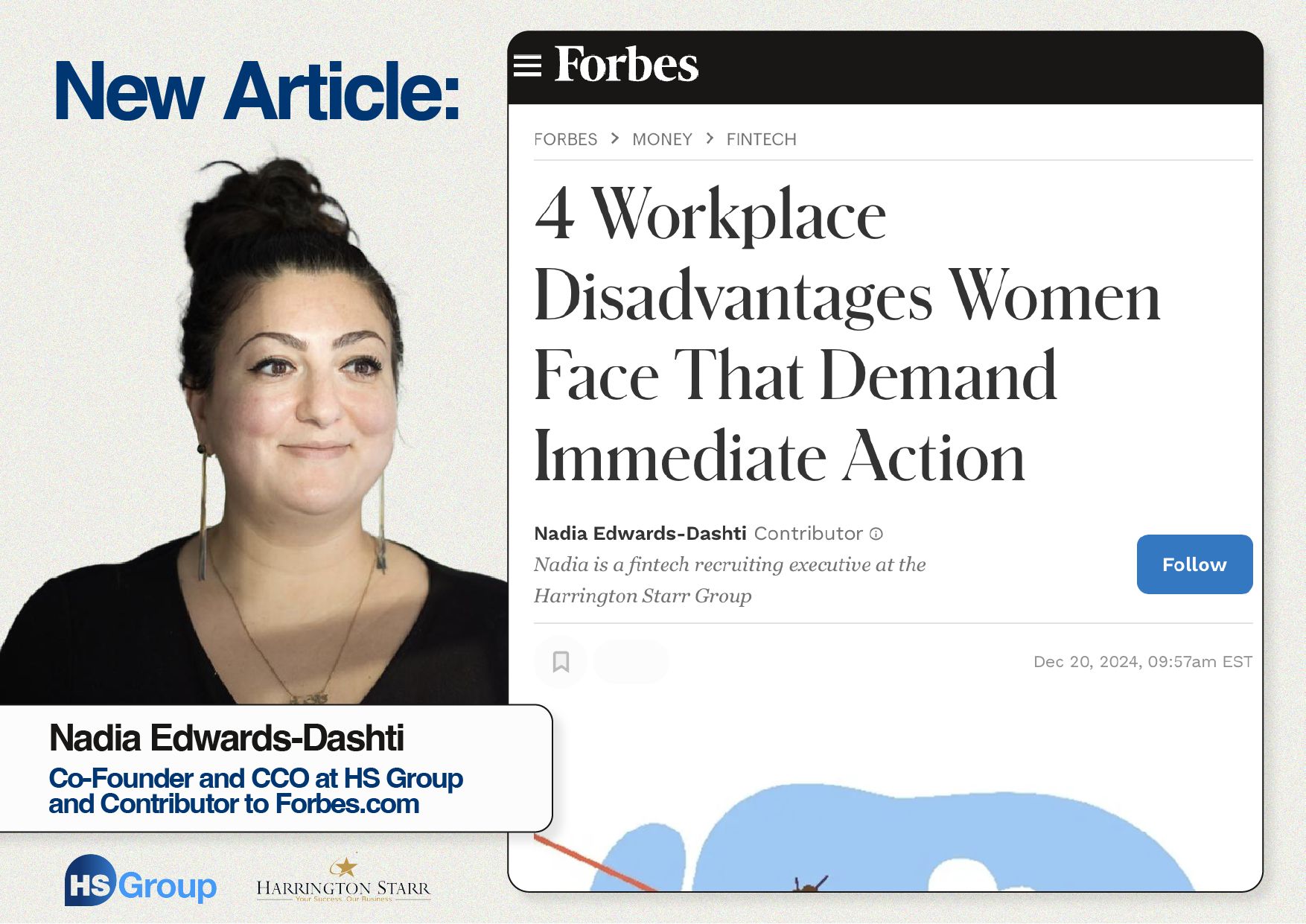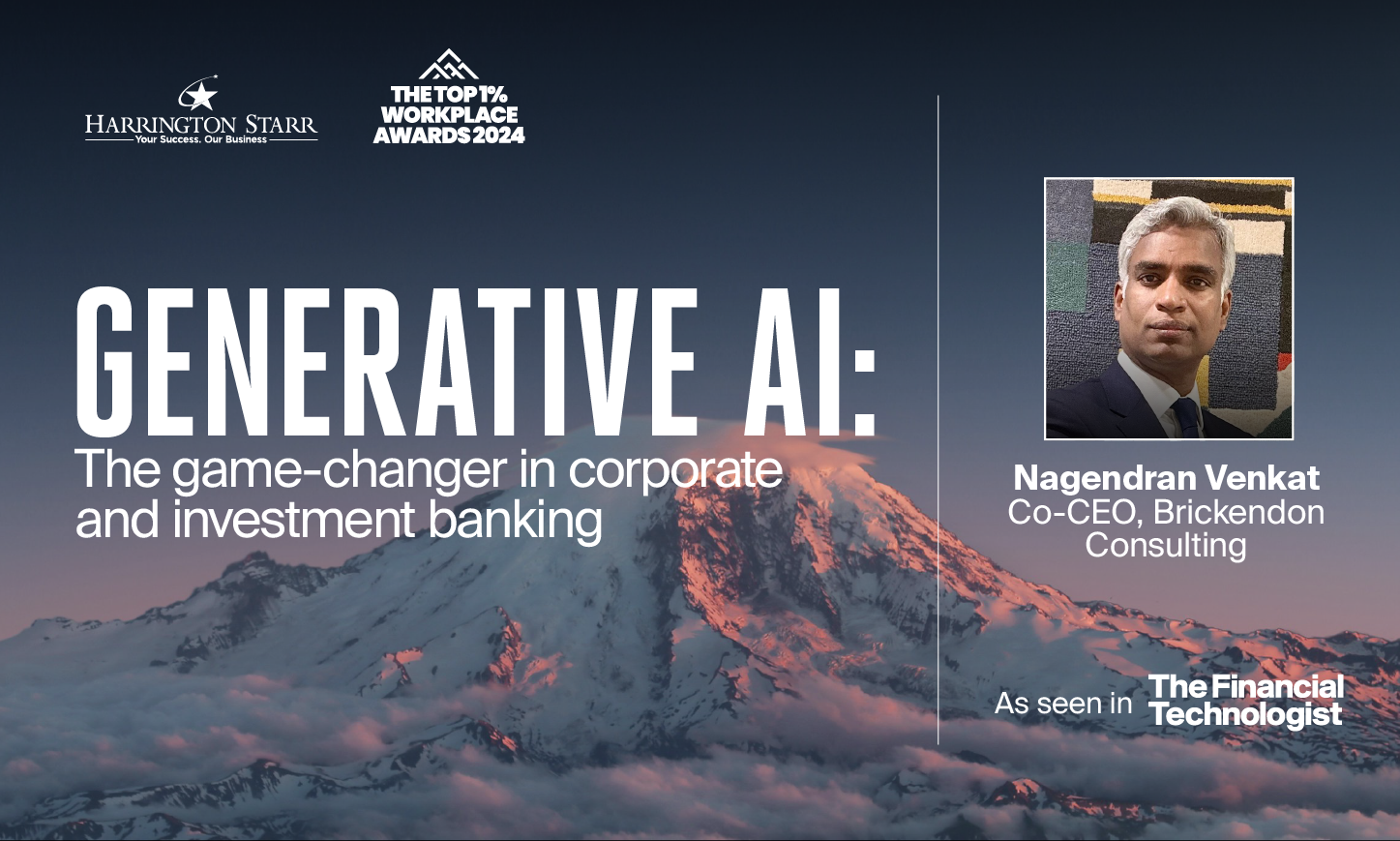It is essential to make a lasting and positive impression during interviews, particularly in the competitive fintech industry in 2024. Evidence shows a significant surge in individuals seeking employment in the fintech sector. In Q3 2023, UK job applications in the financial services sector increased by 43% year-on-year. Unique job postings decreased by 27%, yet there was an 84% boost in fintech applications. In Q4, US fintech job applications saw a remarkable 237% increase, while banks implemented more layoffs than usual.
With more applicants and fewer roles, in late 2023, The Financial Times reported that businesses were approaching their hiring processes with increased caution. They cited concerns around ‘interest rates’ and reduced ‘demand.’ Now more than ever, candidates must excel in interviews and minimize the possibility of errors.
The Harrington Starr Group, my employer, analyzed 4000 job interviews that took place in 2023. They were within fintech scale-ups, decentralized finance (DeFi), and traditional finance (TradFi) companies. Here are the 6 most common interview mistakes to avoid if you aspire to succeed in your next fintech interview.
Research
It is important for individuals not to overlook the essential aspects of researching the company they are interviewing with. Often, applicants forget to research the individuals they'll be meeting too. This oversight was the biggest mistake across 2023 for both senior and junior candidates. This is preventable with basic interview preparation. This entails understanding the company's mission, values, history, and size. It's difficult to effectively communicate your enthusiasm, interests, and qualifications for the job if you haven't researched the role or the people you'll be interviewing with. This includes their job titles, career paths, and length of time with the company.
Detail
In failed interviews, candidates often provided technical answers without sufficient detail, examples, or case studies. This oversight often resulted from neglecting basic practices, such as staying updated on technology news and advancements. For instance, a candidate in the final interview with a global bank's fintech arm was rejected because their technical answers lacked depth. They assumed that the interviewers would only be interested in high-level explanations, failing to provide the necessary technical depth. Backing up your abilities with clear evidence increases interview success. Those who provide detailed theoretical approaches to unfamiliar tasks are more likely to succeed. This is also true when applying for positions more senior than your current role.
Interest
Demonstrating interest in a role can vary from displaying enthusiasm to expressing curiosity through questions. Many hiring managers have questioned whether applicants were genuinely interested in the job post-interview. Often, in attempts to maintain professionalism, individuals may unintentionally conceal their passion, enthusiasm, and interest in the job and company. While some individuals may not feel comfortable exhibiting eagerness during interviews, there are various effective ways to convey interest. For instance, some candidates showed interest by asking insightful questions and sharing notes from their research. Others demonstrated their enthusiasm by summarizing why they believed they would excel in the role and emphasizing what they could bring to the team.
Virtual Pitfalls
Not maintaining eye contact, arriving late, and being in an unsuitable location can hinder performance on video calls. While it's recommended to use notes and follow an agenda during your interview, constantly shifting screens and not maintaining visual contact with the other person can make you appear distracted. Common issues such as losing connection, being on mute, or struggling to navigate the video link are encountered in everyday work environments. It's crucial to address these problems calmly and efficiently, showcasing your ability to handle similar situations in the workplace.
Attitude
Fintech is constantly innovating to create better solutions in finance, often addressing unprecedented challenges. Adopting an attitude unfazed by obstacles, barriers, and rapid changes is essential for success. Unfortunately, many individuals struggle to demonstrate a growth mindset, hindering their prospects. Attitudinal issues, such as speaking negatively about past experiences, have led to interview rejections. For instance, in a recent DeFi job interview, a candidate's negative portrayal of their current situation and colleagues overshadowed their technical competence, resulting in rejection due to their ‘bad attitude’. It's crucial to prepare how to explain past struggles with culture, environment, and team dynamics positively. Emphasizing the lessons learned and how you seek to thrive in the future is key.
‘Bouncebackability’
Not knowing an answer or making a mistake is inevitable during interviews. However, what truly matters is how you handle those moments of uncertainty or errors. For instance, in a recent technical interview, a candidate experienced a mental block when attempting to answer an early question. This disruption significantly impacted their confidence and concentration throughout the rest of the interview. Despite being knowledgeable in certain areas, they struggled to provide coherent responses. Preparing yourself to ‘bounce back’ from such situations is crucial, showcasing the resilience required in fintech. One effective approach is acknowledging the mistake or inability to answer accurately and expressing your commitment to rectifying it by conducting further research or addressing it independently. This honesty and proactive attitude demonstrate your ability to learn and adapt, which are valuable traits in the industry.
Interview Fatigue
Those handling multiple interviews often struggle with giving specific answers tailored to the role and company they are applying for. When candidates fail to personalize their answers to that application, they can be vague at best and arrogant at worst. Interviewers may perceive this lack of personalization as a sign that the applicant isn't genuinely committed to the position and is merely exploring opportunities. Repeatedly answering questions the same way can signal ‘interview fatigue.’ This can be seen through tone and body language. It's important to practice your responses and remember that each interview is an opportunity for the interviewer to hear your story for the first time. This mindset can help you maintain engagement and authenticity throughout the interview process.
These top 6 mistakes can be avoided. With the fintech job market improving, there is no better time to improve your interview skills. The World Economic Forum published research in Q1 2024 that shows a promising future for fintech growth. They highlighted fintech as a rapidly expanding and robust industry fueled by consumer demand. Their data outlined that fintech has consistently grown by over 50% across various spheres and regions. With a brighter outlook for sectoral growth, we can expect an increase in hiring and career opportunities. Steering clear of common pitfalls could significantly enhance your chances of success.








